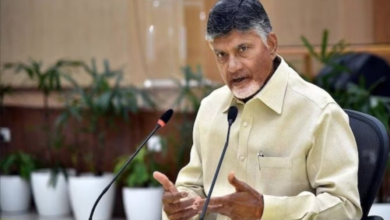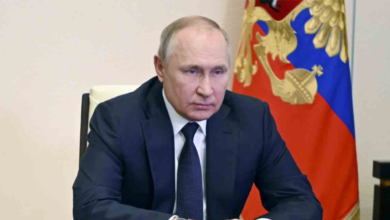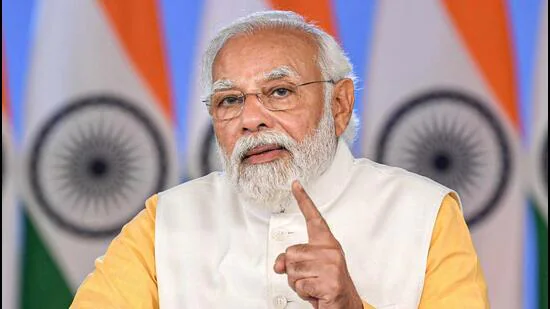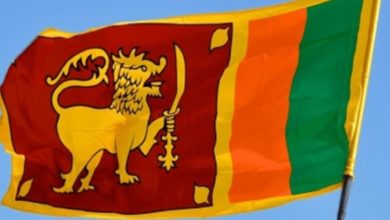Editorial: Wages of sin

Resurgence of TTP is, in a way, a perverse payoff for Pakistan’s policy of supporting Afghan Taliban.

Hyderabad: Like a Frankenstein monster, terrorism nurtured by the Pakistani deep state for decades is coming back to bite it with devastating effects. The recent suicide bombing inside a mosque in Peshawar’s high-security zone, killing nearly 100 worshippers, raises disturbing questions over Islamabad’s long-held policy of using terror outfits to further its cause. The resurgence of Tehreek-e-Taliban Pakistan (TTP) is, in a way, a perverse payoff for Pakistan’s policy of supporting the Afghan Taliban. The TTP has, of late, stepped up its attacks after calling off its most recent ceasefire with Islamabad. The victory of the Taliban in Afghanistan has actually rejuvenated the TTP and the Afghans have refused to play mediator. Contrary to the earlier expectations of strategic advantage with the return of the Taliban in the neighbouring country, Pakistan is actually feeling the heat in the wake of increased terrorist attacks targeting its assets. The military bosses in Rawalpindi had earlier hoped to expand their strategic footprint in the region after the American withdrawal from Afghanistan. However, the situation has quickly changed on the ground. In the past, Islamabad struck a deal with the terror outfit under which several militant leaders, who had declared war on the Pakistani state, were released. Pakistan is now paying the price for appeasement with the blood of its citizens. Instead of surrendering their arms, the TTP leaders set out their own conditions for talks that virtually asked Pakistan to hand over its control of the former tribal areas to them. The militants used the peace negotiations to reorganise themselves.
The spurt in terror strikes could not have come at a more inopportune time as Pakistan is in the grip of a worsening political and economic crisis. It has also led to the weakening of the state authority, providing a favourable environment to the outlawed groups with a strong ally across the border. The TTP has claimed responsibility for the Peshawar mosque attack to avenge the death of its commander Umar Khalid Khurasani, who was killed in Afghanistan in August last year. The terror outfit has upped the ante against Pakistani soldiers and cops since November last year when it abruptly ended a ceasefire with the government. It has been warning the police and the military to stay away from operations against its fighters in the restive Khyber Pakhtunkhwa province that borders Afghanistan. The Peshawar attack shows that the confidence of both China and America in Pakistan’s counter-terrorism capabilities is highly misplaced. Islamabad’s problems are compounded by the Afghan Taliban’s brazen sheltering of Tehreek leaders and fighters. Time is virtually running out for Pakistan. Its leaders must now take an unambiguous stand against terrorism in any form. If it wants Afghanistan to not harbour terrorists, it should first dismantle the terror infrastructure on its own soil.







